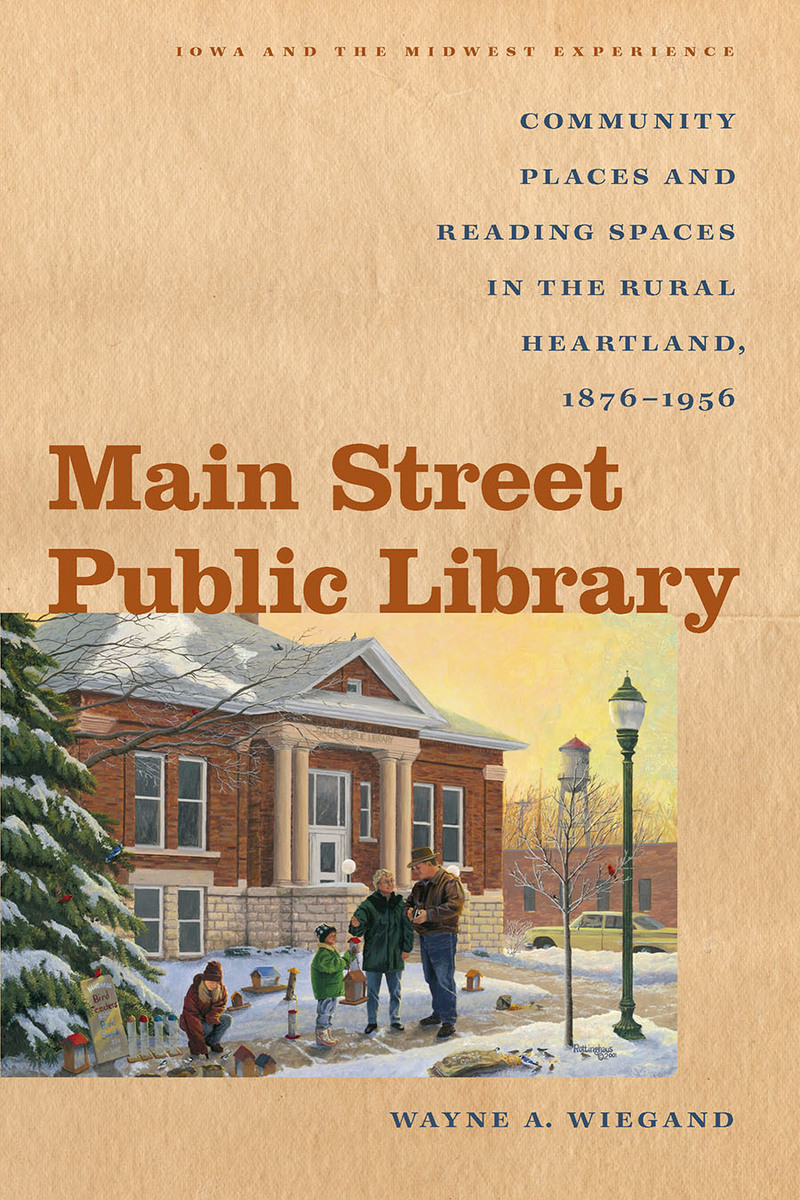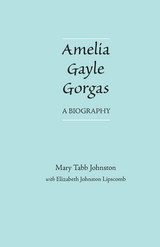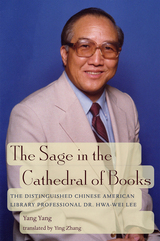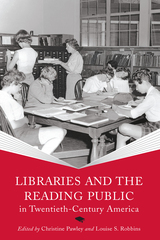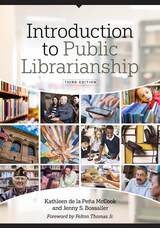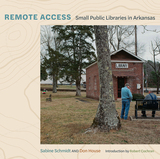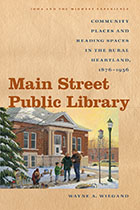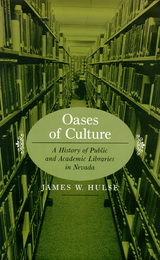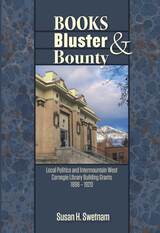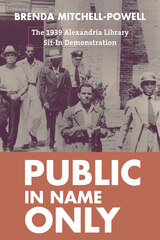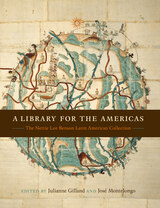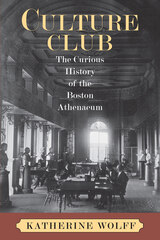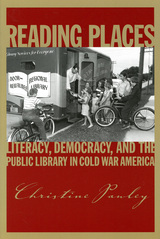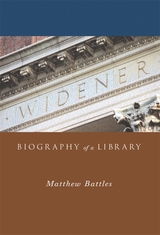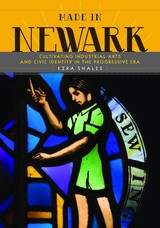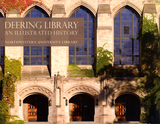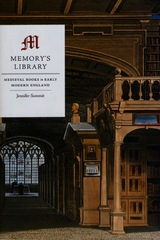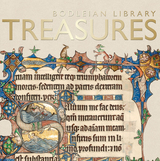Main Street Public Library: Community Places and Reading Spaces in the Rural Heartland, 1876-956
University of Iowa Press, 2011
Paper: 978-1-60938-067-0 | eISBN: 978-1-60938-068-7
Library of Congress Classification Z732.M69W54 2011
Dewey Decimal Classification 027.477
Paper: 978-1-60938-067-0 | eISBN: 978-1-60938-068-7
Library of Congress Classification Z732.M69W54 2011
Dewey Decimal Classification 027.477
ABOUT THIS BOOK | AUTHOR BIOGRAPHY | REVIEWS | TOC | REQUEST ACCESSIBLE FILE
ABOUT THIS BOOK
The United States has more public libraries than it has McDonald’s restaurants.
By any measure, the American public library is a heavily used and ubiquitous institution. Popular thinking identifies the public library as a neutral agency that protects democratic ideals by guarding against censorship as it makes information available to people from all walks of life. Among librarians this idea is known as the “library faith.” But is the American public library as democratic as it appears to be?
In Main Street Public Library, eminent library historian Wayne Wiegand studies four emblematic small-town libraries in the Midwest from the late nineteenth century through the federal Library Service Act of 1956, and shows that these institutions served a much different purpose than is so often perceived. Rather than acting as neutral institutions that are vital to democracy, the libraries of Sauk Centre, Minnesota; Osage, Iowa; Rhinelander, Wisconsin; and Lexington, Michigan, were actually mediating community literary values and providing a public space for the construction of social harmony. These libraries, and the librarians who ran them, were often just as susceptible to the political and social pressures of their time as any other public institution.
By analyzing the collections of all four libraries and revealing what was being read and why certain acquisitions were passed over, Wiegand challenges both traditional perceptions and professional rhetoric about the role of libraries in our small-town communities. While the American public library has become essential to its local community, it is for reasons significantly different than those articulated by the “library faith.”
See other books on: Libraries and community | Middle West | Public libraries | Rural libraries | Wiegand, Wayne A.
See other titles from University of Iowa Press
